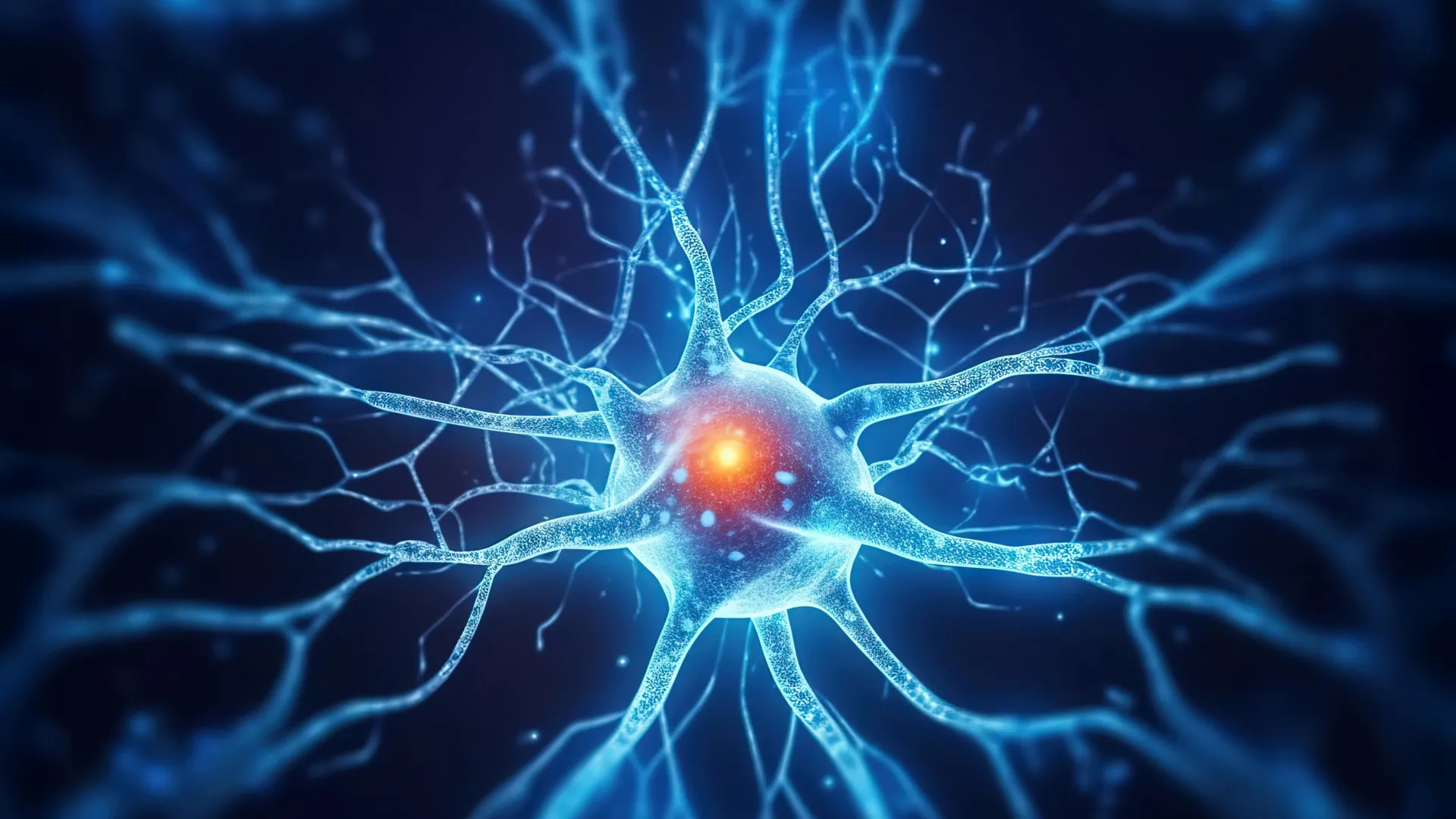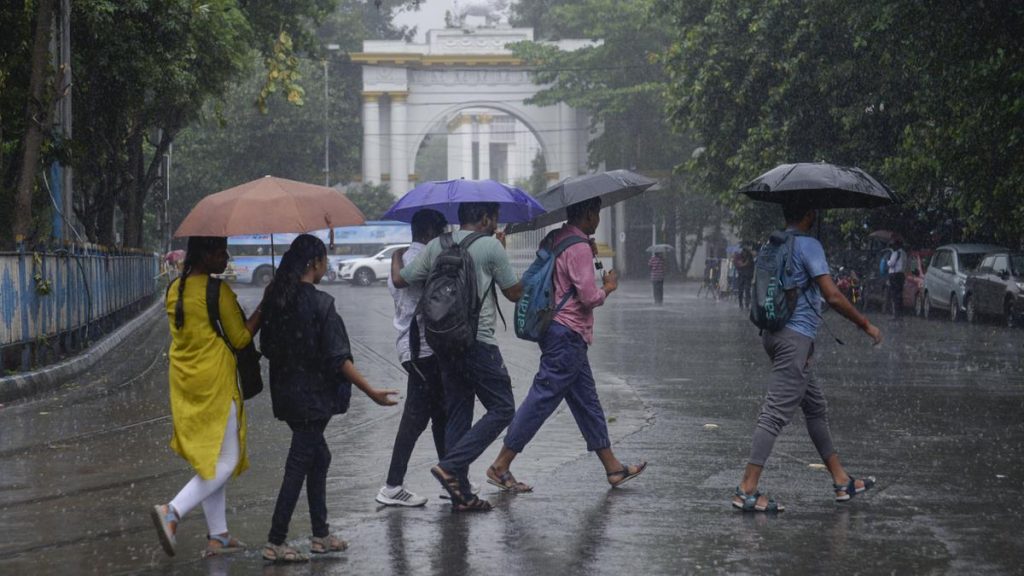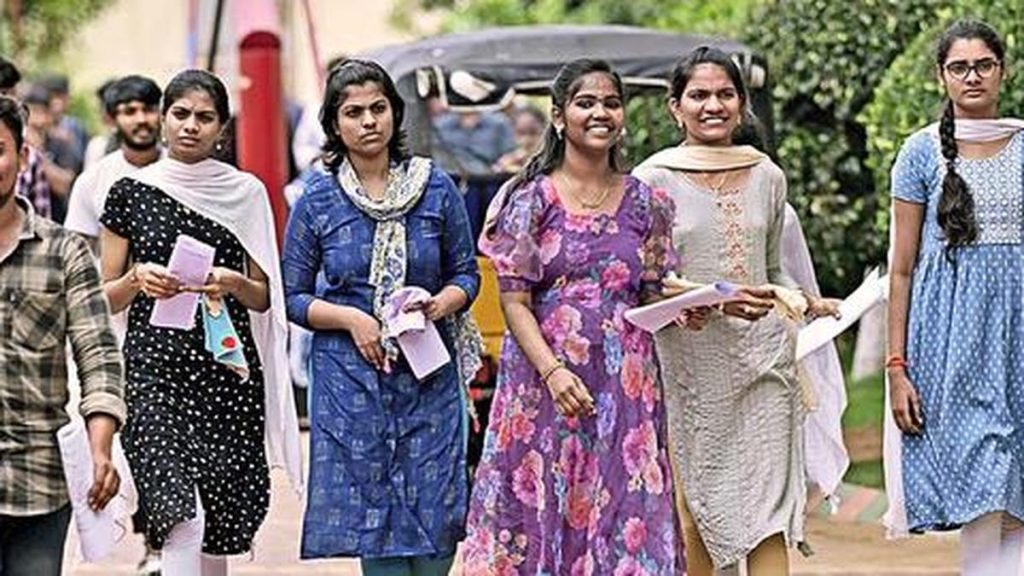Now Reading: Breakthrough Drug Revives Dying Brain Cells in Parkinson’s Research
-
01
Breakthrough Drug Revives Dying Brain Cells in Parkinson’s Research
Breakthrough Drug Revives Dying Brain Cells in Parkinson’s Research

Swift Summary
- A Stanford Medicine-led study on mice suggests inhibiting teh enzyme leucine-rich repeat kinase 2 (LRRK2) may help treat Parkinson’s disease caused by a genetic mutation.
- Overactive LRRK2 disrupts neuronal dialog, causing loss of primary cilia in cells, which are essential for receiving survival signals and producing neuroprotective factors.
- The study found that using the MLi-2 LRRK2 kinase inhibitor helped restore primary cilia and improve signaling between neurons after prolonged treatment.
- Mice treated wiht the inhibitor for three months showed recovery in dopamine nerve endings, increased production of neuroprotective factors, and reduced neural stress markers.
- Researchers suggest early treatment could stabilize or possibly improve symptoms for patients with Parkinson’s caused by LRRK2 mutations.
- The research was funded by organizations like The Michael J. Fox Foundation and published in Science Signaling.
Indian Opinion Analysis
This groundbreaking research offers hope not just for Parkinson’s patients with identified genetic mutations but potentially extends to other variants of neurodegenerative diseases. India has seen a significant rise in cases linked to age-related neurological disorders such as Parkinson’s due to its increasing elderly demographic.Early detection systems paired with emerging treatments like LRRK2 inhibitors could alleviate both individual suffering and systemic healthcare burdens over time.
India faces unique challenges-accessibility to advanced medicinal interventions at affordable costs remains a pressing concern. Should this approach prove prosperous in human trials, scaling distribution across rural areas will require both policy innovation and infrastructure development focused on equitable access. This promising study underscores how collaborative efforts across global healthcare institutions can inspire advancements that might eventually benefit millions worldwide.



























